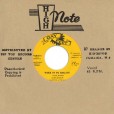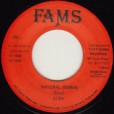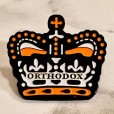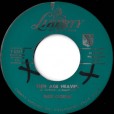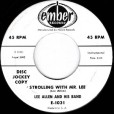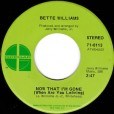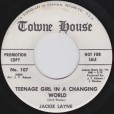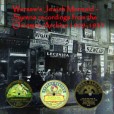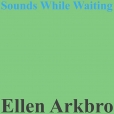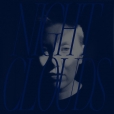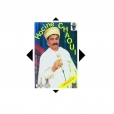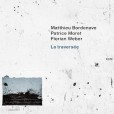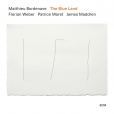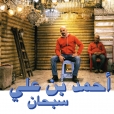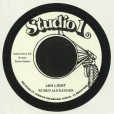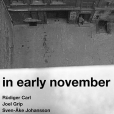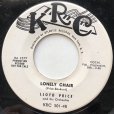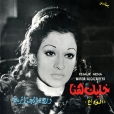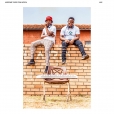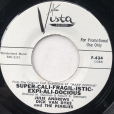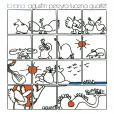Your basket is empty

Aka Olive Grant — the same Senya who broke through at Randys in 1974 with Oh Jah Come and Children Of The Ghetto — with The Wailers backing.
Another fascinating instalment in the history of Jewish recorded music, this time drawn from the Syrena — ‘Mermaid’— record label of Warsaw, when the city in its gloriously diverse, cultural heyday was known as ‘the Paris of the East’, before the devastation of the 1940s: precious, thrilling 78s thronged with people arguing, soldiering, going bankrupt, praying, dancing to Klezmer, meeting the devil, failing to have sex, complaining about modern girls… and eating.
With an informative, richly illustrated, twenty-eight-page booklet.
‘These recordings are traces of something I have come to love to do in large resonant spaces, which is to set up sustained chords on multiple organs and then move slowly through the sound. The instruments are usually far apart, which makes for the emergence of large fields of continuous change, spaces of harmonicity that can be passed through layer by layer and which contain within them points of both clarity and overwhelming complexity. The organ pipes are tuned and retuned, though sometimes I leave them just as they are. What I’m searching for is the moment when a particular kind of sounding texturality is revealed – it is rough, focused and yet strangely transparent.’
‘Deben Bhattacharya (1921–2001) was a highly influential field recordist, poet, filmmaker, musicologist and amateur ethnomusicologist, based in Calcutta and Paris. He produced a vast number of LPs, CDs, videos and radio shows of traditional music from India, Asia, Africa, the Middle East, and Europe.
‘Never before published, Paris To Calcutta features over four hours of music and is Deben’s impressionistic account of a 1955 journey overland, in a converted milk delivery van, from France to India, collecting and exploring music along the Desert Road.
‘With four CDs of recordings, photographs, Deben’s original recording notes, musical transcriptions and more. An amazing glimpse into a time long gone and essential listening for anyone interested in folk and world music traditions.’
Electrifyingly intense Chaoui music from the Aurès region of Algeria, booted into the future, with drum machines, phased gesba flute and reverbed-out vocals.
Warda Ftouki is one of the great Arab divas of the twentieth century.
Aka Warda Al-Jazairia, Warda the Algerian was forced to leave Algeria in 1956, when FLN guns were discovered in her dad’s nightclub. (Warda was a lifelong, unflinching supporter of independence.)
Aged twenty, now singing in Beirut cabarets, she became the protege of Mohammed Abdel Wahab. Returning to Algeria after independence in 1961, she took a ten year break from singing, because this was forbidden by her new husband. She left him in 1972, moving to Egypt, where she married Baligh Hamdi.
Here she is in 1973, singing a composition by Hamdi, backed by a full Egyptian orchestra, including electric guitar and organ, in front of a euphoric, adoring crowd.
Wonderful music — swirling and grooving with dazzling virtuosity; imperiously funky and giddily soulful.
Two teenagers’ amapiano music from Gauteng province in South Africa, drawing on jazz, folk, afro, deep and tech house, kwaito, and dibacardi… but sounding like none of them.
